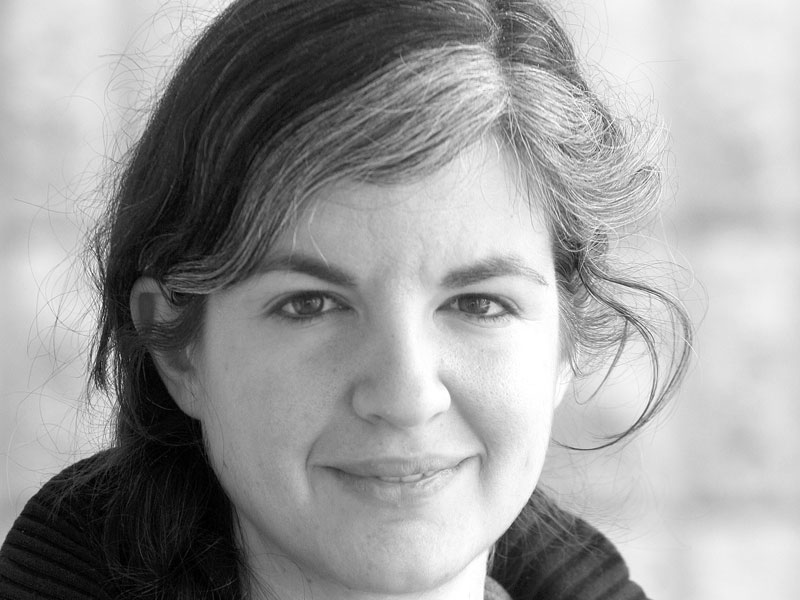Columnists
Sandcastles

Human beings are flawed. And ambitiously, we’ve built a society around our humanness with such complexity that not one of us could ever hope to understand it all. We require a web of people with expertise in science, technology, administration, even our own minds, just to make navigating our world manageable.
And we have to have faith in the fact that those experts are, in fact, experts. If anyone with an ‘expertise’ doesn’t know what they’re doing, the rest of us might not catch on until there’s a fatal error. The mind boggles at the thought of it. So much so it seems better not to think about it.
But there’s a danger in that. Because we are flawed. We believe we understand more than we do. It’s not hubris—rather, it’s empathy gone wrong. A normal function of our social brains that allows us to inherently understand each other could also convince us that something is comprehensible because someone else says it is.
That little trick of our minds becomes dangerous when, in our overly-technical world, the information we believe we understand comes from a flawed source. Like someone in a position of authority giving nonsense statistics that convince others that a group of people is inherently evil. That might lead to a (fortunately slow) rise in power of a xenophobic political party like the AfD in Germany.
Little bits of misinformation which become ingrained as fact are not always dangerous. Sometimes they’re as harmless, though maddening, as misattributed quotations, a phenomenon made common by the World Wide Web.
The Internet is, in itself, a form of authority that often asserts misinformation as fact. Anyone born after 1980 has been warned in school that trusting information found online is a gamble at best, especially if the source is not one known for checks and balances.
It’s become a source for predators to lead young, vulnerable people into organizations with destructive mandates, like we’ve seen with ISIS, one of the most notable among many such instances of manipulation.
It’s allowed for a frighteningly dangerous and public war of words between two leaders that could trigger a world war. It’s unlikely, but made possible by this impressive piece of technology we are all connected to.
The Web is a good thing, overall. In this world that is so complex and requires so many specializations and expertise, it connects people to education, information, each other. It provides the world with the tools necessary to live in the society that is, in part, a by-product of its creation.
But the experts, whether they be the ones creating the web or its content (and I include myself, although I’m no expert in anything), are flawed. Some false information is the accidental result of those flaws, some malicious. Either way, it’s a tough call. We don’t know everything, and there are not enough hours in our lifetimes to grasp it all.
But if you take the time to become an expert, keep an eye on your information. Building expertise on false information is like building a castle in the sand. It’s unstable, and relying on it could get you buried in its rubble.

Comments (0)